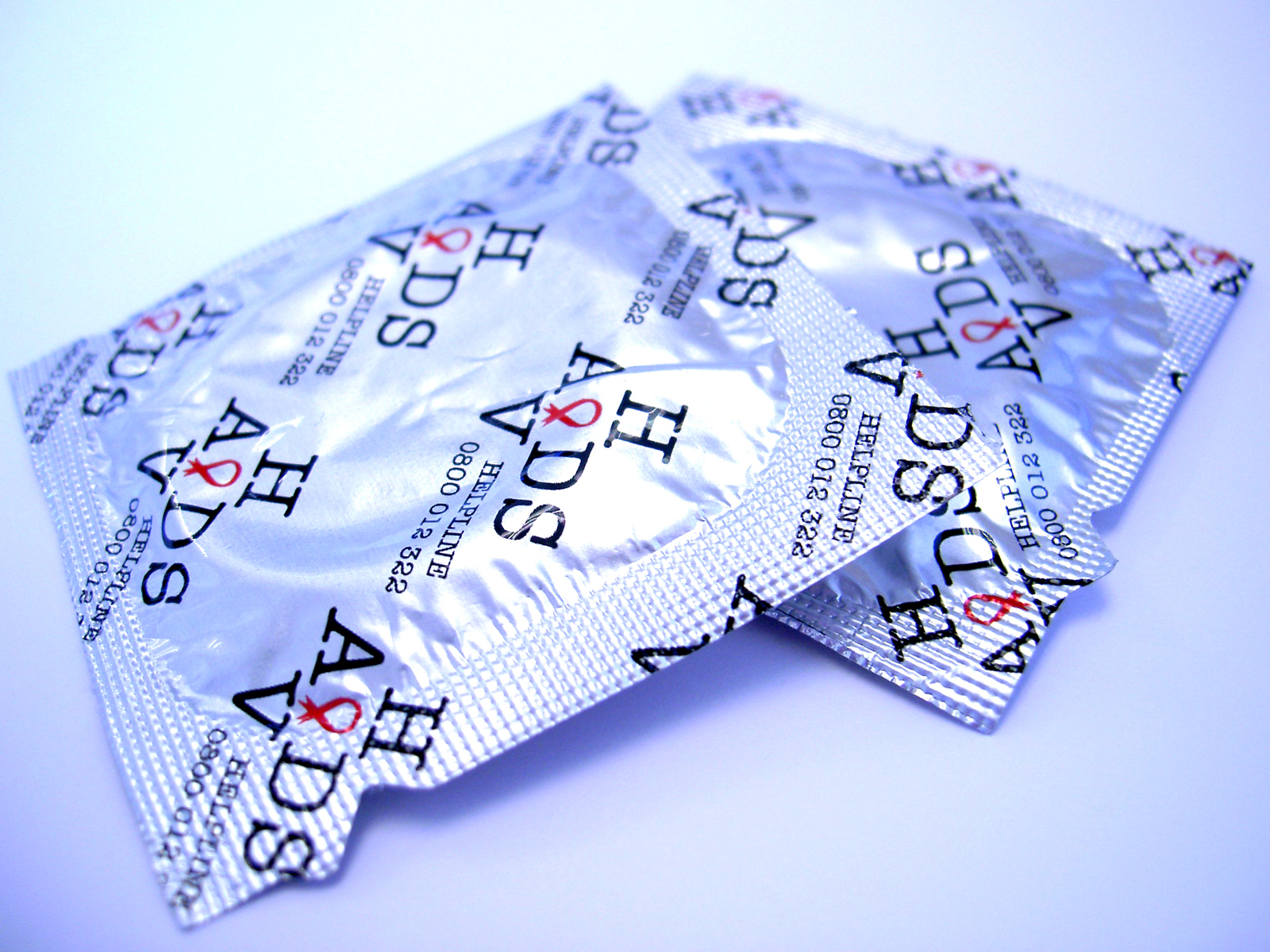MONDAY, Dec. 14, 2015 (HealthDay News) — Teens who use abuse prescription drugs such as narcotic painkillers are more likely to have sex or to participate in risky sexual behaviors, a new study suggests.
These risky behaviors included having sex with multiple partners, using drugs or alcohol before having sex or having sex without the use of a condom, the research revealed.
The study looked at a variety of prescription drugs that might be used recreationally by teens. These included the prescription painkillers Oxycontin, Vicodin, Percocet or codeine; sedatives such as Xanax or Ativan; or stimulant drugs used to treat attention-deficit hyperactivity disorder (ADHD), such as Adderall or Ritalin.
“About 1 out of every 5 high school students reported non-medical use of prescription drugs,” said study author Heather Clayton, a health scientist in the division of adolescent and school health at the U.S. Centers for Disease Control and Prevention.
“This behavior is very concerning, as overdoses and deaths related to non-medical use of prescription drugs is on the rise,” Clayton said. Deaths from prescription painkillers have quadrupled since 1999, she noted, with more than 16,000 people dead due to prescription painkillers in the United States in 2013.
And now, researchers link recreational use of prescription drugs to risky sexual behaviors.
But, the study couldn’t show that recreational use of prescription drugs caused the risky sexual behaviors. “Non-medical use of prescription drugs and sexual risk behaviors are likely to be part of a constellation of risk-taking behaviors,” Clayton said.
The findings were published online Dec. 14 in the journal Pediatrics.
For the study, the researchers reviewed surveys about risky behaviors completed by more than 29,000 high school students. Specifically, the survey asked, “During your life, how many times have you taken a prescription drug [such as Oxycontin, Percocet, Vicodin, codeine, Adderall, Ritalin or Xanax] without a doctor’s prescription?”
Compared to their peers who didn’t use prescription drugs for recreational reasons, teens who used prescription drugs for non-medical reasons were:
- 16 percent more likely to have ever had sex,
- 26 percent more likely to be currently sexually active,
- 14 percent more likely to not have used a condom the last time they had sex,
- 32 percent more likely to have used drugs or alcohol before they had sex,
- 45 percent more likely to have at least four previous sexual partners.
The surveys also found that the more teens used prescription drugs recreationally, the more likely they were to engage in all of these risky behaviors.
Clayton said the researchers were surprised that the link between recreational use of prescription drugs and risky sexual risk behaviors remained even after the researchers adjusted the data to account for other factors, such as the use of illicit drugs and alcohol.
The findings highlight the challenges of adolescent brain development, said Moe Gelbart, a psychologist specializing in alcohol and chemical dependency at Torrance Memorial Medical Center in California.
The brain takes about 25 years to fully develop, Gelbart said. The parts of the brain focused on sensory experiences and emotions develop first while the frontal cortex, which controls judgment, develops last, he explained.
“In other words, we have teens who have hormones and needs for excitement and physical stimulation, but who lack the maturity and understanding of the consequences of their behaviors,” Gelbart said. “When any substance use is thrown in the mix, the judgment aspect of the brain is severely affected. Thus, we have adolescents engaging in very high-risk behaviors.”
While most teens won’t become addicted to drugs or alcohol, earlier use does increase the risk of addiction in adulthood, Gelbart said. Drug use can also lead to legal problems, school problems, health issues and sexual behavior that may result in sexually transmitted infections, pregnancy and a poorer reputation, he said.
“The worst consequences involve imprisonment or death,” he added. “The leading causes of death for teens are related to substance use.”
Teens may choose to abuse prescription drugs at least in part because they are easier to access and may be cheaper than other drugs, said Dr. Scott Krakower, assistant unit chief of psychiatry at The Zucker Hillside Hospital in Glen Oaks, N.Y.
Teens can get them from friends or relatives who may have gotten them from health care practitioners, said Krakower. He recommended that parents make sure teens don’t have access to these medications. That may mean removing them from the home or storing them in lock boxes, he said.
“If parents discover that their child is abusing prescription drugs, they should seek help immediately and should discuss this with their pediatrician or with a mental health professional,” Krakower added.
He also said it may be worthwhile to consider implementing more sex education and HIV education into schools and improving teens’ access to contraceptives.
More information
For more about teen drug use, visit the National Institute of Drug Abuse.
Copyright © 2026 HealthDay. All rights reserved.

